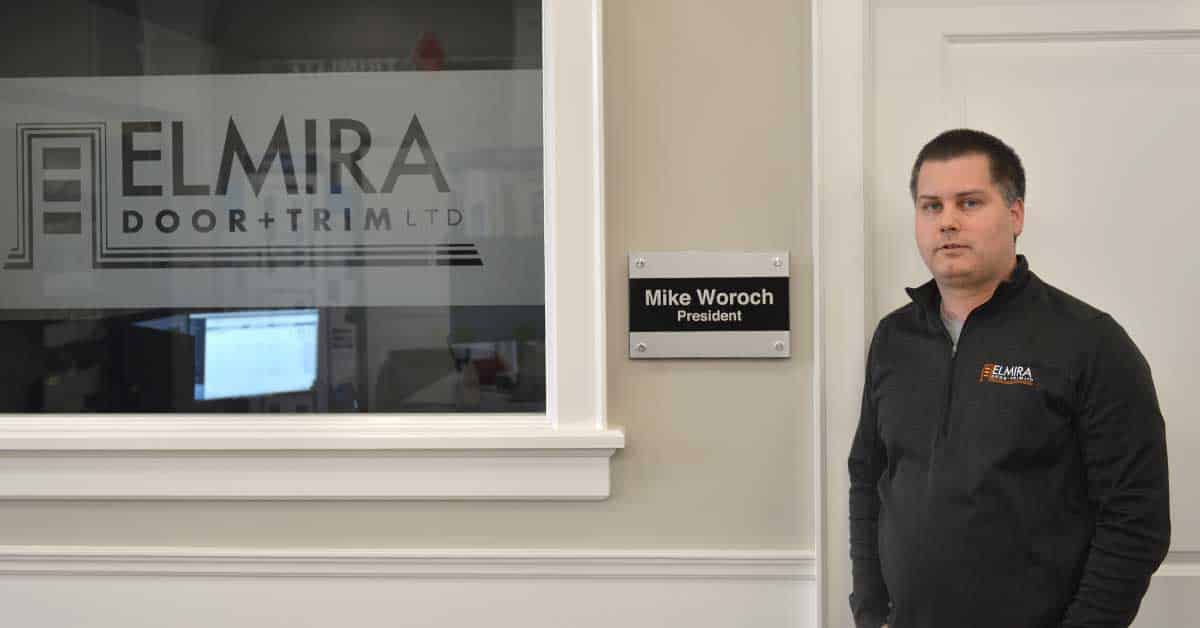;
;
;
Next Article
Farming innovations are lost on many of us

In the nearly two years since he started Elmira Door & Trim, Mike Woroch has picked up more than a few insights about running his own business. “I’ve learned it takes a lot more than I initially expected to run a business. I’ve learned that you have to put yourself outside your comfort zone, and […]
Last updated on May 03, 23
Posted on Dec 15, 22
4 min read
